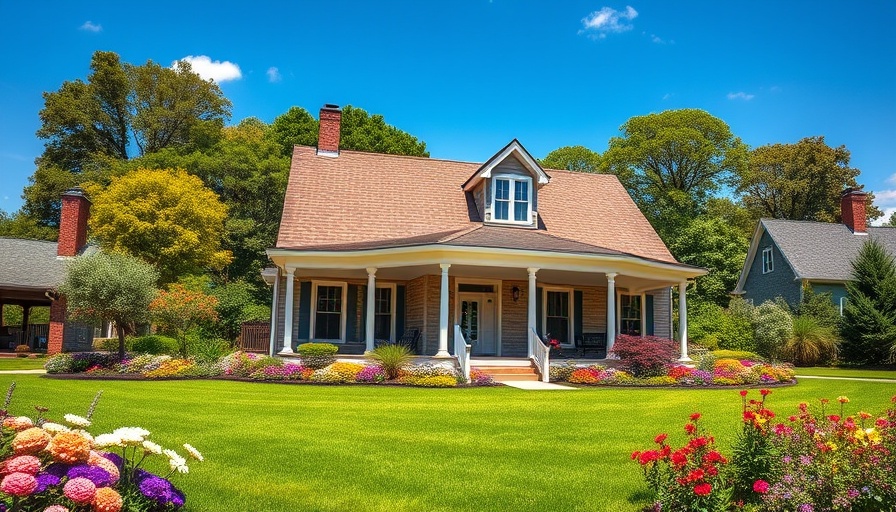
Unlocking Home Equity: What You Need to Know About Second Mortgages
In today's economy, many homeowners are seeking ways to leverage their biggest investment to meet financial goals. One option that often comes up is a second mortgage, a financial tool that allows you to borrow against the equity you've built in your home. But what exactly is a second mortgage, and how can it be beneficial or risky?
Understanding Second Mortgages and Their Mechanics
A second mortgage is essentially a loan taken against your home while your first mortgage remains intact. It's secured by your home, meaning your property acts as collateral for both loans. If you default on your payments, the first lender is paid before the second, which puts the latter at a higher risk. Despite this risk, second mortgages can be an attractive option for homeowners looking to fulfill significant financial needs.
Diving Into the Types of Second Mortgages
There are primarily two types of second mortgages: home equity loans and home equity lines of credit (HELOCs). A home equity loan provides a lump sum and generally features a fixed interest rate, making it suitable for one-time expenses like a kitchen remodel or paying for college tuition. Conversely, HELOCs function more like credit cards, offering a revolving line of credit that you can draw upon as needed. This could be advantageous if you're not sure how much funding you'll require over time.
Pros and Cons of Taking a Second Mortgage
Second mortgages provide homeowners with access to needed cash for significant expenses, such as debt consolidation, education costs, or home improvement projects. However, they come with inherent risks. The most pressing concern is the potential for foreclosure if you default on your loan. Diligently assessing your financial situation and loan options is crucial for avoiding such dangers.
Key Considerations Before Getting a Second Mortgage
Before proceeding with a second mortgage, consider why you're borrowing and whether you can afford the additional monthly payments. You could borrow up to 75%-85% of your home's value minus the first mortgage balance. This accessibility makes second mortgages tempting, yet it’s essential to understand the long-term implications. Make a detailed budget and consider consulting with a financial advisor to ensure the loan meets your financial strategy.
Current Trends in the Real Estate Market
Understanding the broader real estate market is also critical if you're contemplating a second mortgage. In modern times, prospective buyers are relying on real estate sites like Zillow and Redfin to access comprehensive MLS listings, showcasing everything from houses for sale near me to luxury real estate investment opportunities. These platforms not only enhance transparency but provide insights into market trends, which can affect the value of your home and, consequently, the equity available for a second mortgage.
If You're Considering a Second Mortgage — Here’s What to Do!
First, make sure your credit score is healthy, as better scores often lead to lower interest rates. Next, shop around and compare different lenders to secure the best terms. Furthermore, weigh the necessity against the risks. Sometimes, alternative financing options might serve better without putting your home at stake.
Final Thoughts on Second Mortgages
Ultimately, a second mortgage can be a helpful tool in securing necessary funds when used wisely. It allows homeowners to access cash without selling their homes or refinancing their existing mortgages. However, potential borrowers must carry out their due diligence and assess their financial health before proceeding.
As you navigate these financial waters, consider exploring your options extensively. Seek advice from real estate agents and financial consultants to illuminate your path ahead. The choices you make today will shape your financial future.
 Add Row
Add Row  Add
Add 



Write A Comment